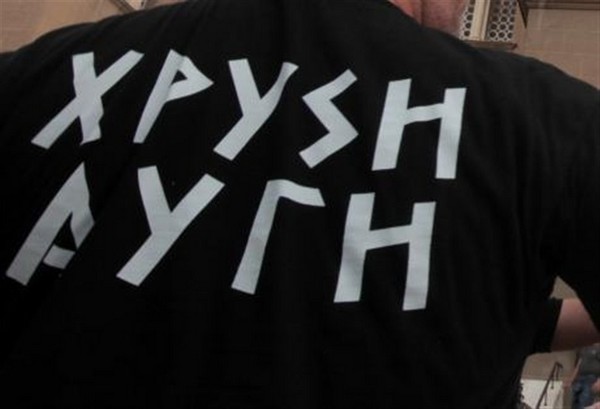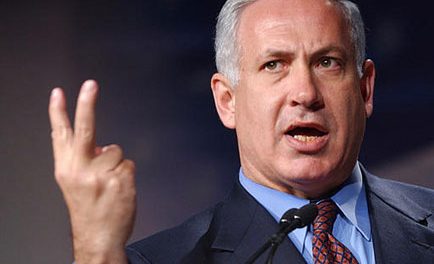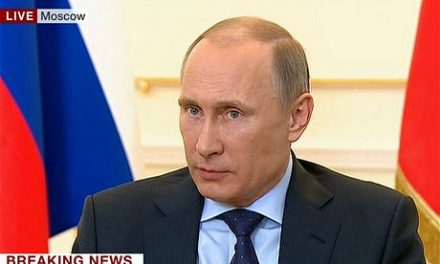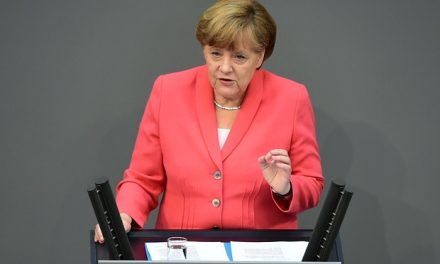Bloomberg
Austria and Greece have at least one thing in common aside from their membership in the euro area: Both are confronting the rapid rise of ultranationalist movements. Surprisingly, the destitute southern nation is having greater success in holding them at bay.
Heinz-Christian Strache, leader of the Freedom Party in Austria, tries to be subtle about his political views. When a widely circulated photograph showed him giving the neo-Nazi Kuehnen salute, banned in Germany but not in Austria, Strache claimed he was merely ordering three beers. Voters knew the explanation was as disingenuous as Strache's attempts to dismiss reports of his close ties to right-wing radicals. Nonetheless, his party won 21.4 percent of the vote in yesterday's general election.
In Greece, Nikolaos Michaloliakos, leader of the Golden Dawn party, has repeatedly and unapologetically given the Nazi salute, which is not banned there. "At least hands that greet like this did not steal," he said on one occasion. The party's symbol looks like a swastika styled as a traditional Greek ornament. Golden Dawn was elected to parliament in 2012 with 7 percent of the vote.
Both Strache and Michaloliakos hate the bailouts of the weaker euro-area nations, the Austrian because they are costly to his country's taxpayers, the Greek because of the austerity conditions that come with them. Both believe their nations have been flooded with immigrants from Islamic nations who do not fit in with the dominant culture and place a heavy burden on the social safety net.
Both Strache and Michaloliakos are gifted political animals. The Austrian politician records professional-sounding hip-hop music and posts frequent updates on Facebook, where his page has more than 172,000 fans. The Greek ultranationalist is a passionate public speaker whose trademark high-pitched whine is somehow both hypnotic and rousing.
There are, of course, some differences, both superficial and profound. Handsome, fit Strache showed off his body during the latest election campaign. Michaloliakos is older, short and squat, almost comical in photographs where he is shown next to Golden Dawn muscle. Strache shows visitors a medallion he received from the mayor of an Israeli city, in an apparent effort to suggest he's not an anti-Semite. Michaloliakos openly denies that there were gas chambers at Auschwitz.
Just one crucial difference, though, explains why Michaloliakos is now in jail, accused of setting up a criminal organization, while Strache is celebrating an electoral victory. Golden Dawn has resorted to violence, attacking leftists and immigrants in the streets. Michaloliakos's daughter Ourania was detained after an attack on a kebab seller in Athens. On Sept. 18, a Golden Dawn supporter knifed left-wing rapper Pavlos Fyssos. After thousands of Greeks protested, the government cracked down on Michaloliakos and his henchmen.
The Freedom Party, by contrast, has been careful to avoid a violent image. It wants to be part of the European political mainstream.
In a way, Greeks have been more fortunate than Austrians. Thanks to the savages of Golden Dawn, they have received a potent inoculation against ultranationalism. Polls show only about 6 percent of Greeks supporting the ultranationalists, down from 12 percent before the violent events. In idyllic Austria, with the lowest unemployment rate in the EU — just 4.8 percent — a more benign form of the same disease is spreading unchecked.



















